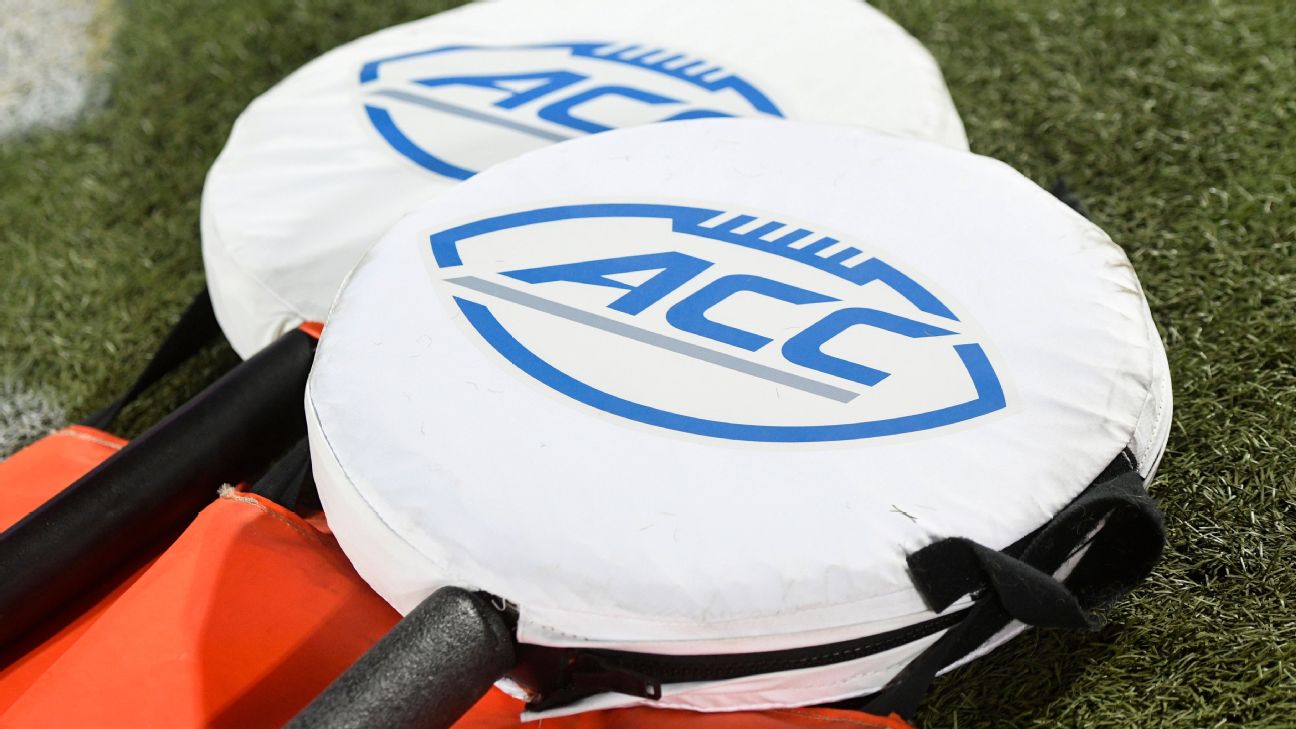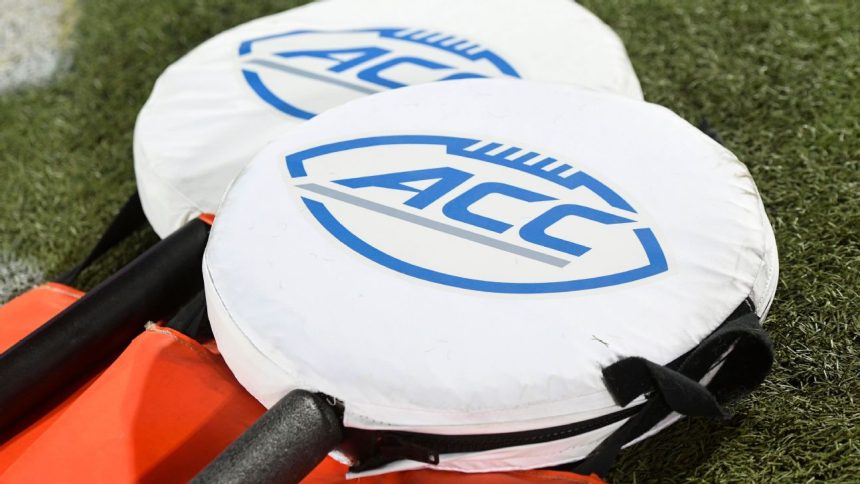
CHARLOTTE, N.C. — A Mecklenburg County judge on Thursday denied two motions by Florida State to dismiss or stay a lawsuit filed by the ACC that the league hopes will force the school to honor its grant of rights agreement and pay the conference more than $500 million if it hopes to exit for another conference before 2036.
The ruling by Judge Louis A. Bledsoe III is seen as a significant win for the ACC, as it would likely mean the battle between the league and Florida State would proceed in North Carolina rather than Florida, where FSU filed its own lawsuit against the conference.
The ACC filed its lawsuit in Charlotte on Dec. 21 in anticipation of a lawsuit by FSU in Florida, which came after approval by the school’s board of trustees the following day. FSU’s lawsuit seeks to extricate the university from the ACC’s grant of rights, a contract that gives the conference ownership of Florida State’s television media rights through June 2036. The ACC’s suit seeks to uphold the grant of rights.
Florida law typically offers preference to the entity that files the first lawsuit, which in this case is the ACC.
“We are pleased with today’s decision, which confirms North Carolina courts are the proper place to enforce the ACC’s agreements and bylaws,” the ACC said in a statement. “We remain committed to acting in the best interests of the league’s members and will see this process through to protect and advance the ACC.”
Florida State had argued for dismissal or a stay of the ACC’s lawsuit based, in part, on a claim of sovereign immunity, which prevents states from being sued in another state. FSU, as a state institution, claimed to be covered. During hearings on FSU’s motion to dismiss, the ACC’s attorney suggested the school’s legal team was playing “a game of whack-a-mole” in trying numerous unsubstantiated tactics in an effort to get the ACC’s suit thrown out.
“Although it’s highly unusual for a court to dismiss a lawsuit at this initial stage, we are disappointed in the Court’s decision not to dismiss the North Carolina lawsuit,” Florida State said in a statement. “At the same time, we appreciate the ruling today that Florida State could not have breached any supposed fiduciary duties to the ACC by seeking legal relief from the Conference’s gross mishandling of member school media rights. We will continue to aggressively advocate for the University, for FSU Athletics, and for the sovereignty of the State of Florida as these cases proceed.”
Florida State could still appeal the ruling, potentially setting up arguments before the North Carolina Supreme Court.
On March 19, Clemson joined Florida State, filing its own suit in Pickens County, South Carolina, arguing that the grant of rights should not apply should the school choose to leave the ACC and that the league’s requirement that any departing teams also pay an exit fee of three times annual revenue was excessive. The ACC filed its own countersuit against Clemson, also in Charlotte, a day later.











